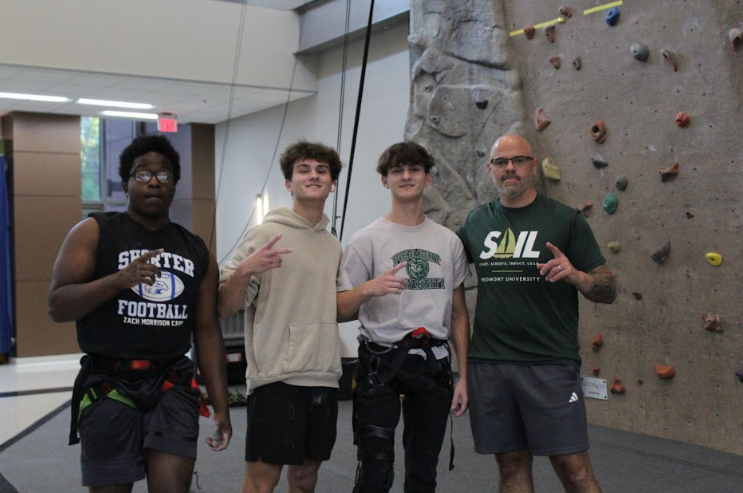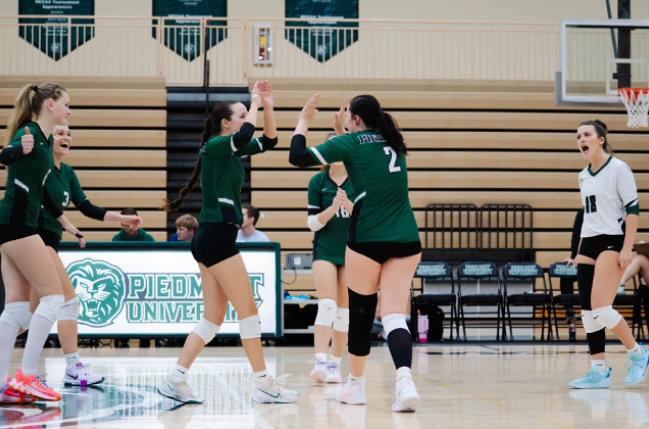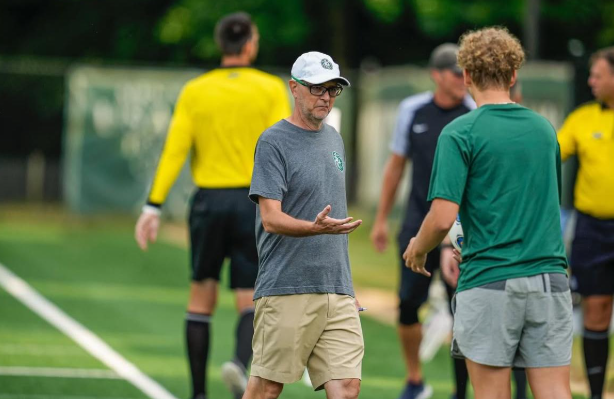College students worldwide are confronted with an unanticipated danger in an era dominated by digital communication: the looming prospect of internet censorship. Restrictions on internet access are influencing classroom discussions and online research on campuses across the globe. Organizations that monitor freedom have recently released findings that point to an alarming trend. Globally, the number of cases of internet restriction has surged in the last year, impacting both democratic and autocratic countries.
Censorship techniques are changing quickly. Though content filtering is still widely used, more advanced methods such as throttling, which deliberately reduces internet speeds, are becoming increasingly popular. During periods of political turmoil, some countries have even gone so far as to completely shut down the internet. For students from abroad, the consequences might be significantly difficult. It can be quite difficult for them to stay in touch with relatives and stay up to date on the news when they are unable to access websites from their home countries.
Censorship has effects that go well beyond social media usage. It potentially restricts academic freedom and research capacities by affecting fundamental rights to information and expression. Limiting access to internet resources could seriously impair learning possibilities as they grow more and more essential to education.
In response to these events, student activist groups are popping up on campuses across the nation. Many are setting up seminars and awareness campaigns about digital privacy, instructing peers in VPN use, encrypting communications, and standing up for digital rights.
Experts emphasize that despite growing censorship, constant watchfulness is necessary. They contend that decisions made now will affect future generations’ access to digital freedom. The fight for unrestricted access to the Internet is about more than just convenience; it’s about protecting the resources required for education and creativity as the Internet becomes an increasingly important part of both professional and academic life.
College campuses are leading the way in the growing fight for internet freedom. Understanding and resisting internet censorship is becoming just as important for today’s pupils as any other subject they study. They are battling for the freedom to learn without boundaries in a world that is becoming more and more connected as they make their way through this complicated digital landscape, not just to get good grades.













